
Polygonal studies, low poly pieces that I've made for multiple purposes
Inspirationfeed is a digital magazine covering everything from quotes, net worth, self-development, entrepreneurship, entertainment, technology, and creativity. Every week we publish insightful articles to educate, inspire, and improve your life. Welcome to our community of 19+ million annual readers, we are so grateful to have you here with us.

Low Poly Art on Behance
The use of low poly graphics as a unique art direction in video games emerged around the late 2000s or early-to-mid 2010s. The oldest game on the popular game distribution service Steam with the tag "low poly" is Mirror Moon EP , a space-themed exploration game with an emphasis on the low poly style, which was released in September 2013.
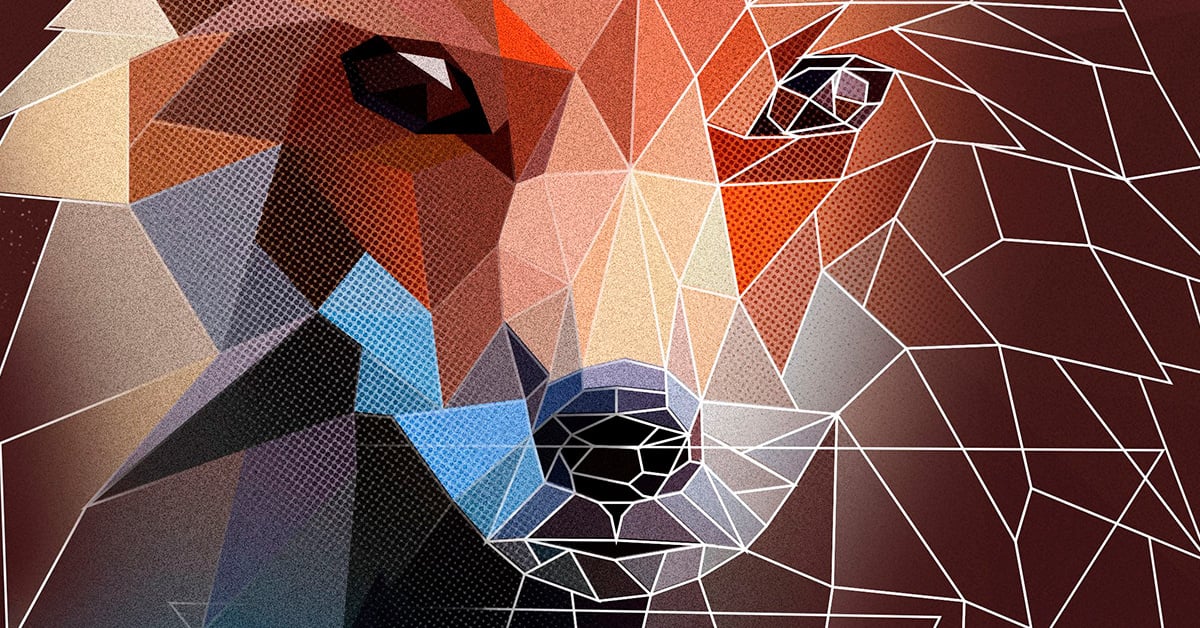
What is Low Poly? Showcase of Great Low Poly Art Displate Blog
Low poly style is a fascinating corner of digital art that invites artists to challenge conventions, explore simplicity, and bring their visions to life in a unique way. So, go ahead! Immerse yourself in the low poly universe and discover the magic of transforming simple polygons into captivating artistic expressions.

Fox Low Poly Art Illustrator Low poly art, Art, True art
What Is Low Poly Art. Low poly art is characterized by distinctive features and visual elements that set it apart from other artistic styles.. Distinctive Features of Low Poly Art: 1. Geometric Abstraction: Low poly relies on basic geometric shapes, such as triangles, squares, and polygons, to represent subjects or scenes.

Create a lowpoly portrait Digital Arts
Low poly art also creates texture and depth to an image while still maintaining its minimalism. To make low poly art, many artists use Blender to create these models, but you can also use other 3D programs such as Cinema 4D, Wings 3D, Milkshape 3D or Autodesk 3ds Max. The point of low poly art is to keep it clean and recognizable.
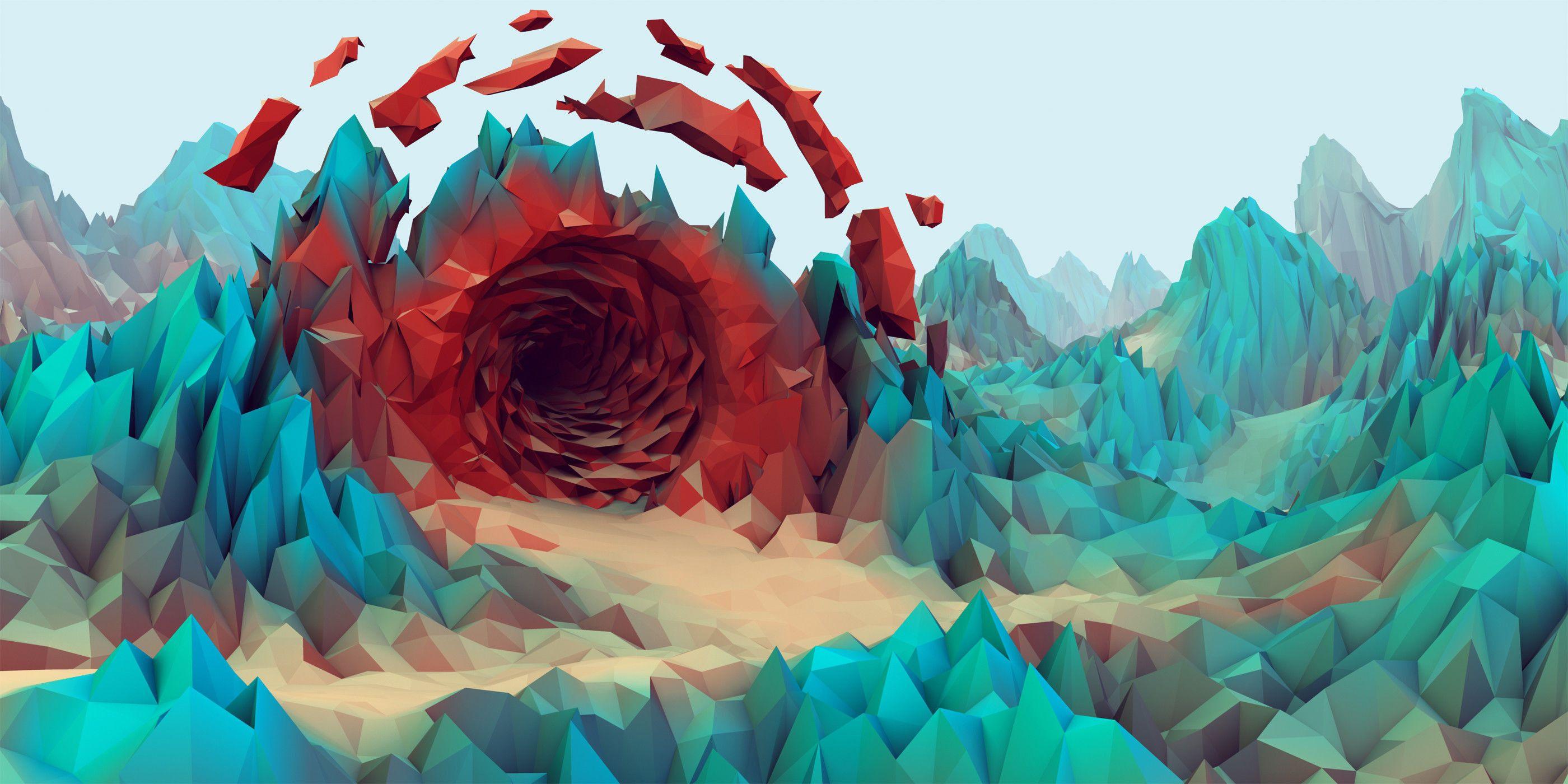
Low Poly Art Wallpapers Top Free Low Poly Art Backgrounds
Low poly art, short for low polygon art, is a minimalistic art style used in video game design, animation, and illustration.It favors straightforward colors and geometry over details and life-like realism. Originally a product of hardware limitations, it is now considered a style in and of itself, with its iconic blocky imagery gaining traction among artists and designers of today.
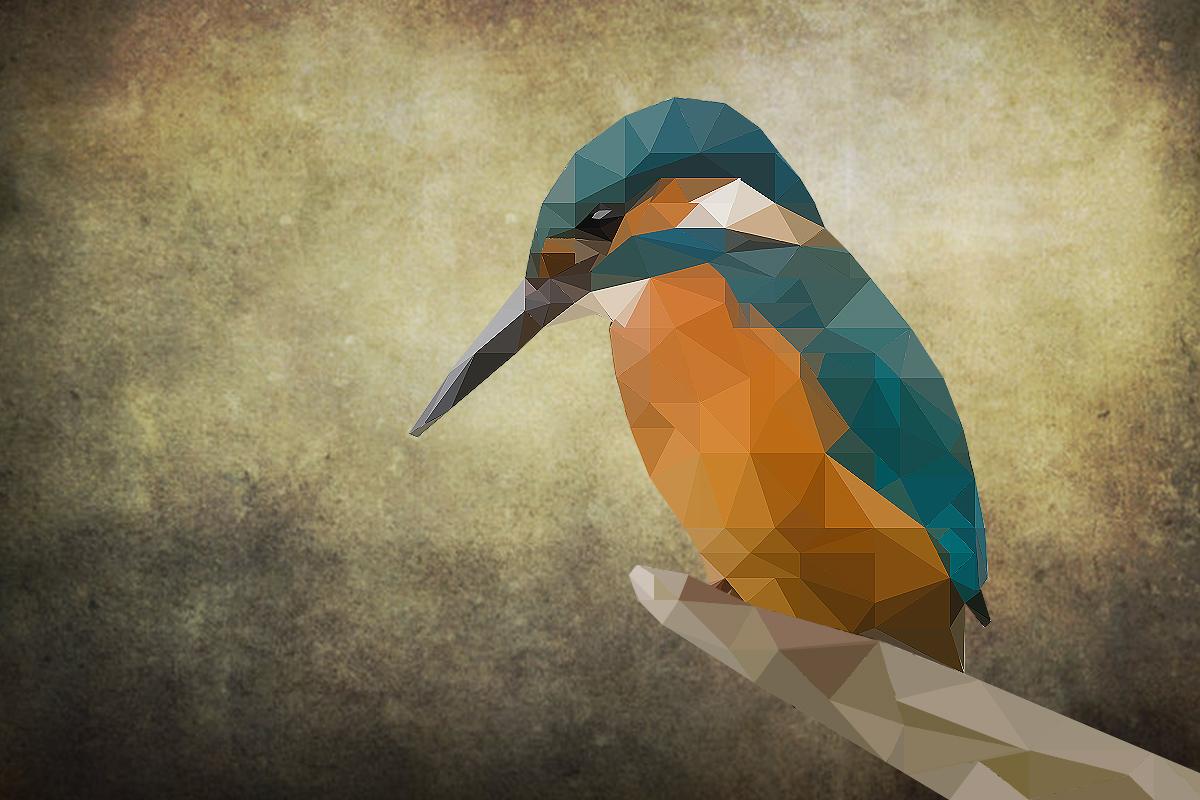
The Series Low Poly Art Krittika Mittal Skillshare
What is low poly art? A Complete Guide in 2024. Low Poly art is one of the most common techniques used in game development as it is the easiest and fastest way to create game art.
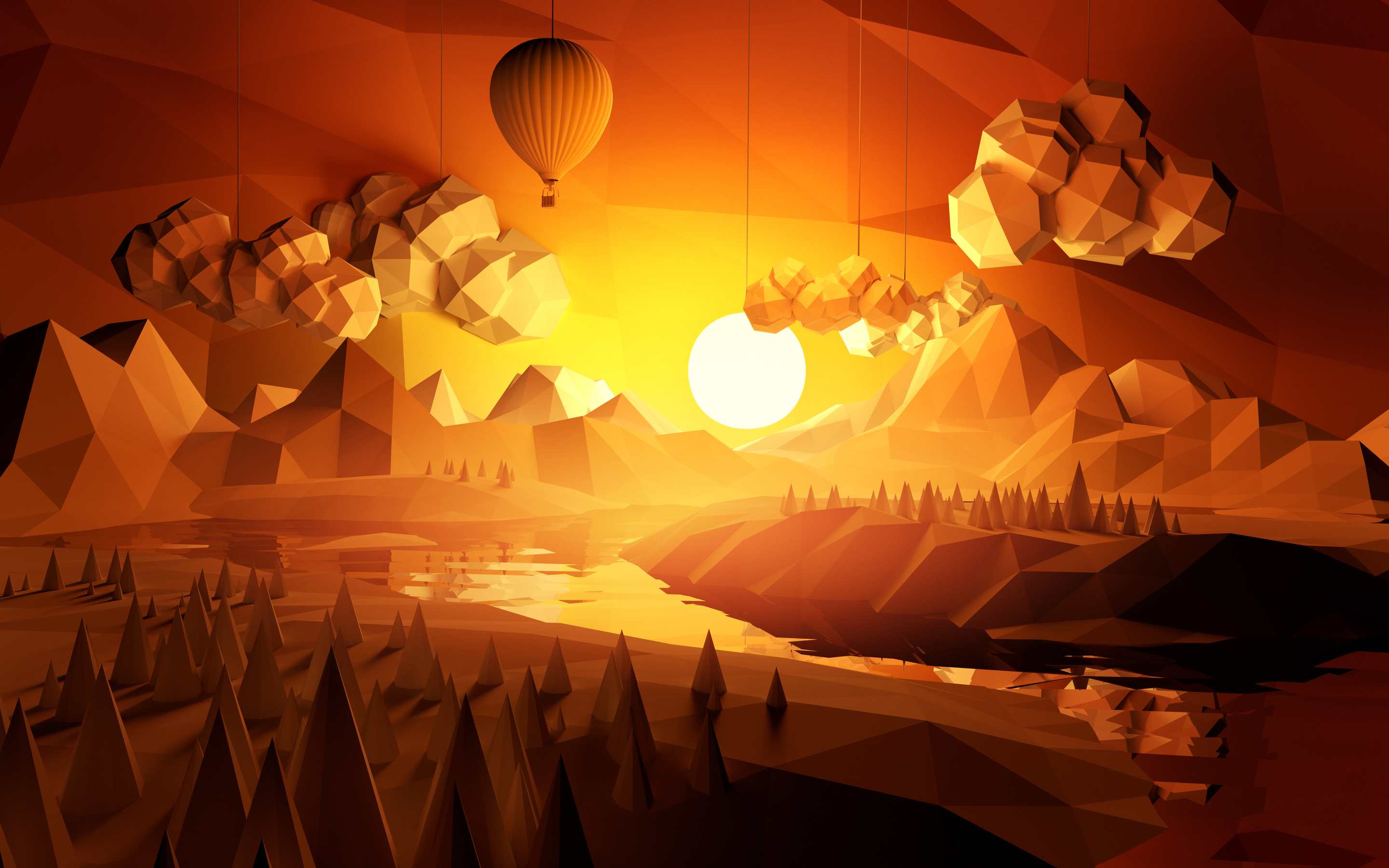
Here's How to Create Your Own LowPoly Portraits in Illustrator
Simple geometric shapes placed side-by-side to create angular, often minimalist, compositions. The "poly" from low poly comes from the word "polygon," which is merely a 2-dimensional shape made of straight lines and angles. The use of low poly art comes from the early days of 3D animation. Mocking up 3D scenes using a low polygonal.
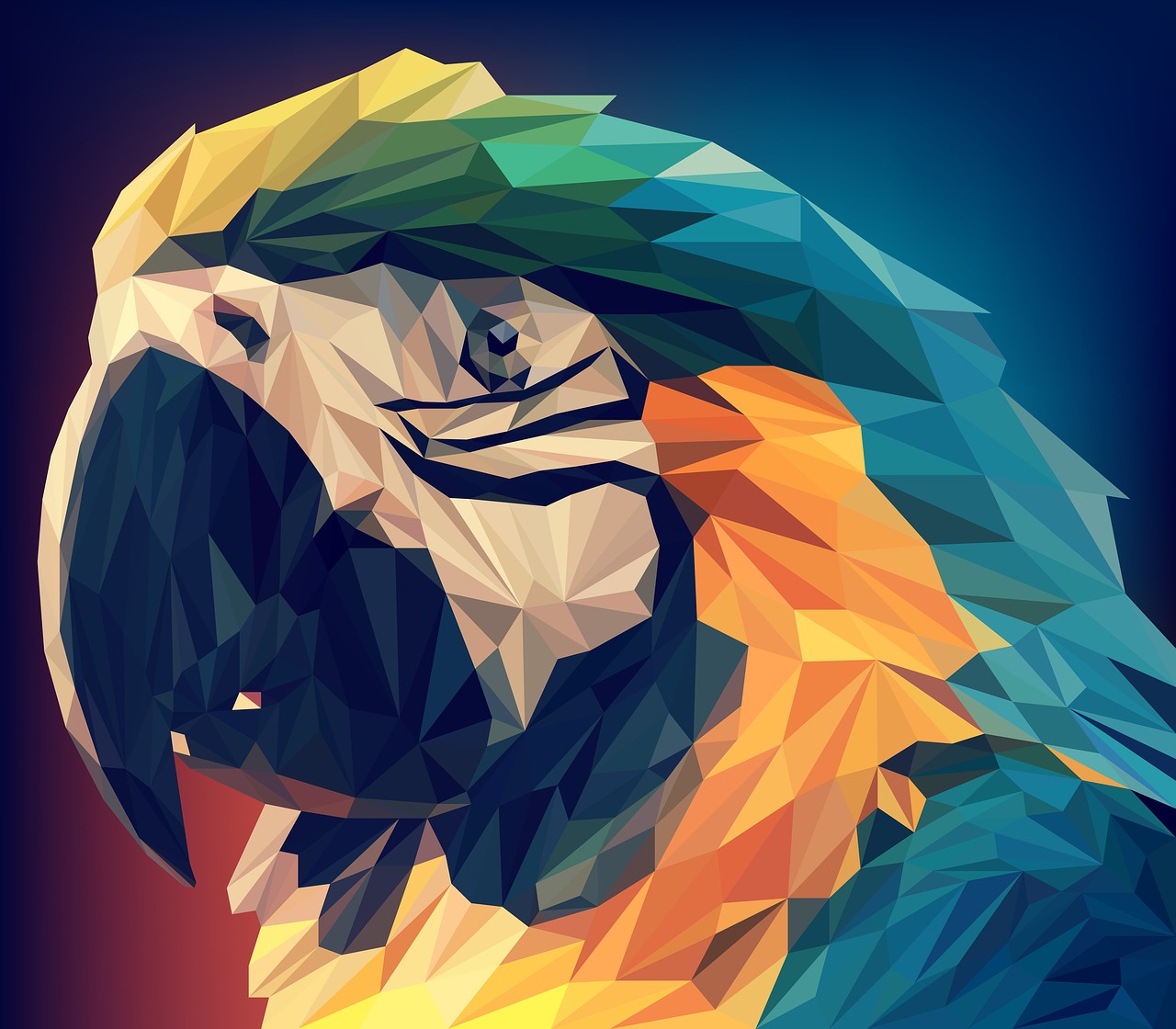
Download free photo of Low poly, animal, vector, art, polygon from
Low poly graphics, also known as low polygon art refer to a style of digital art and design that employs a limited number of polygons to create 3D models. Unlike high-resolution and highly detailed 3D designs, low poly designs embrace simplicity by utilizing a reduced polygon count. This deliberate reduction in complexity results in a distinct.
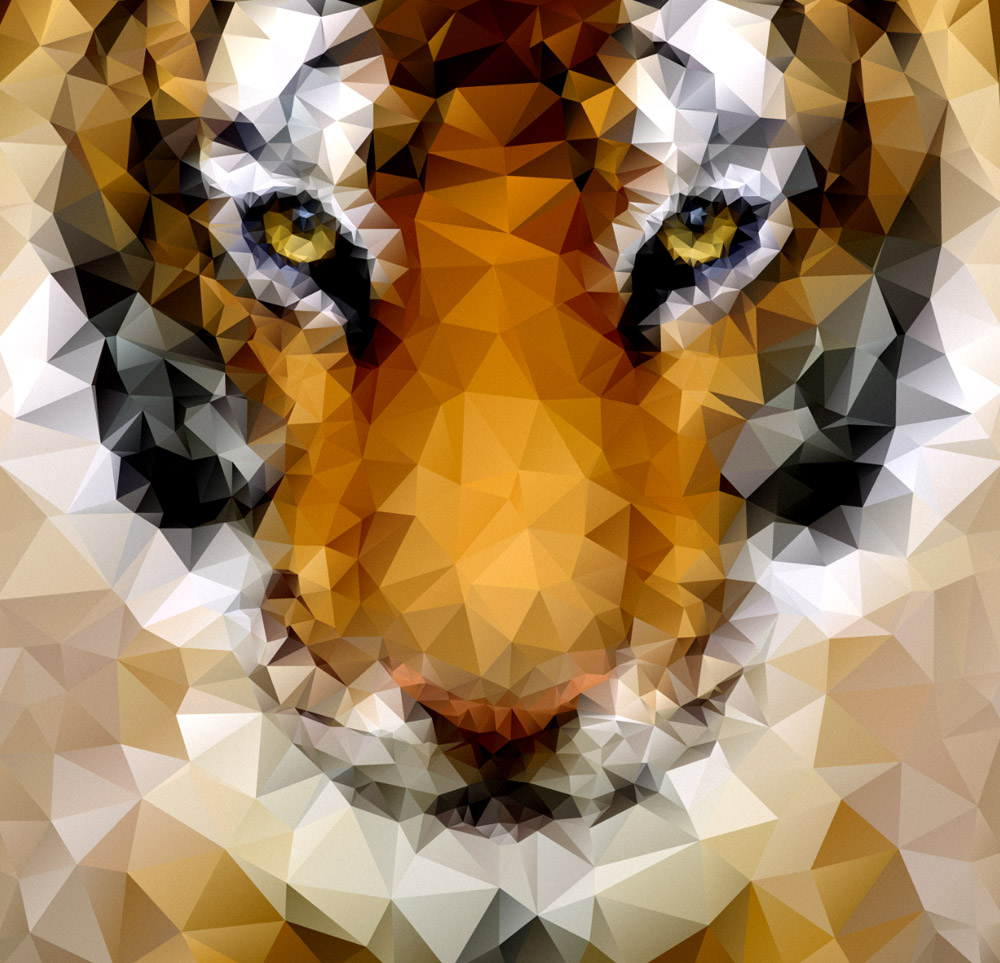
Online Background Removal Platform Remove Background How To Create
Low poly art takes the road less traveled in a world where the "sky's the limit" often translates to digital chaos. It's the very constraints of limited polygons that unleash unparalleled creativity. Artist craft entire worlds within these boundaries, where each polygon tells a story, where every angle is a brushstroke of innovation..

Low Poly Landscape on Behance
The low poly art technique is a digital technique that involves using simple polygons to create illustrations with a geometric and distinctive style. Although commonly associated with 3D modeling, the technique can also be used to create impressive 2D illustrations. Low poly art is popular due to its ease of use, attractive style, and versatility.
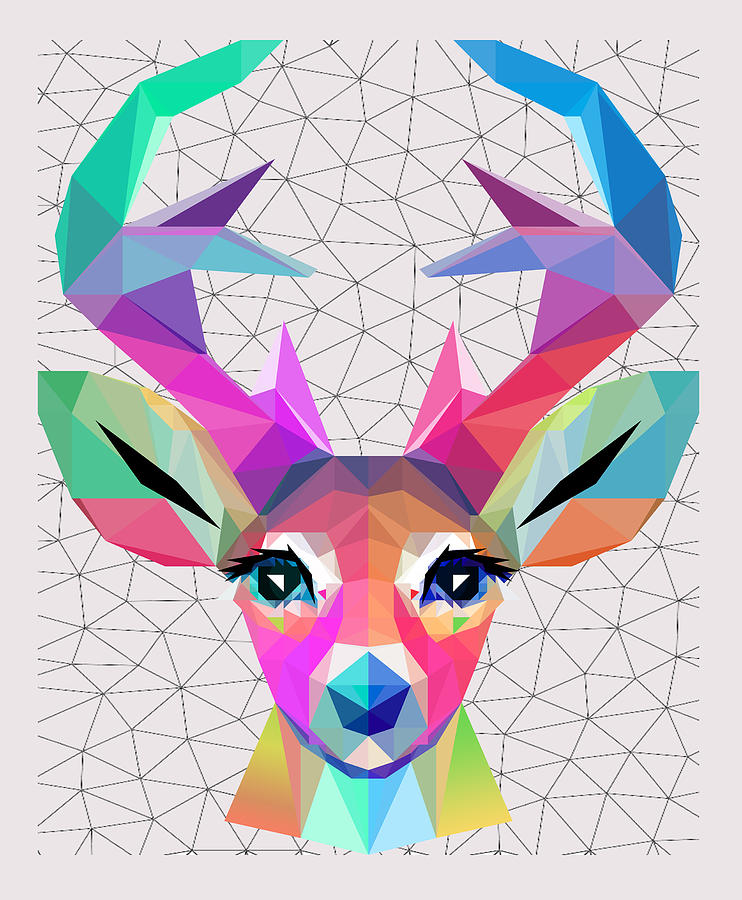
Low Poly Art Digital Art by Mark Ashkenazi
Low poly art offers several advantages that make it a popular choice among artists and game developers: Performance Optimization: Low poly art requires fewer polygons than high-resolution 3D modeling design, resulting in lighter and more optimized assets.This optimization allows for better performance in real-time rendering, making it ideal for games, virtual reality experiences, and other.

Low poly Art Parrot. Created using Adobe Illustrator CC lowpolyart
Learn about low poly: a computer graphics art used in video game design and other creative fields Low poly art is one of the most attractive contemporary styles used in video game design, animation, and illustration. You can create cool and simple-looking objects using blocky polygons. This modeling technique has been used to create low-res 3D models, thanks to the simplicity in which you can.

Geometric Origami, Geometric Drawing
Great artwork tells a story, makes people look twice, and creates a unique experience that can't be matched. Art and illustrations communicate all of that through color, shape and other design elements. Learn how to make your low poly artwork stand out from the crowd. Color can have an immense power - if you know how to use it.

Low poly 2D art on Behance
Low poly art is a style of digital artwork characterized by its simplistic, geometric shapes and relatively low number of polygons. A polygon is a flat shape with straight sides, and in computer graphics, these polygons are the basic units used to create three-dimensional models.
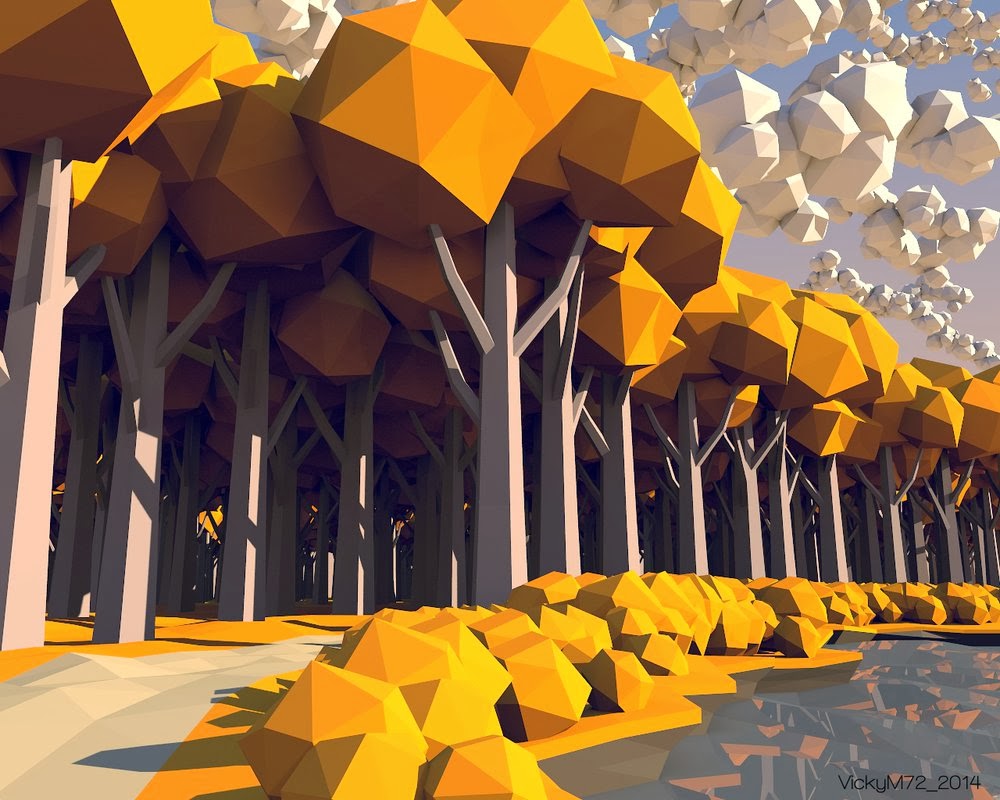
Leaving Flatland Awesome Low Poly Art Styles
We've got you covered — it's been dubbed low-poly art. The name refers back to the style's origin as rendering 3D models for video games. Though it seems as if you are using many polygons, in reality there are relatively few in comparison to the number that would be used to create a mesh for a more realistic and detailed 3D image.